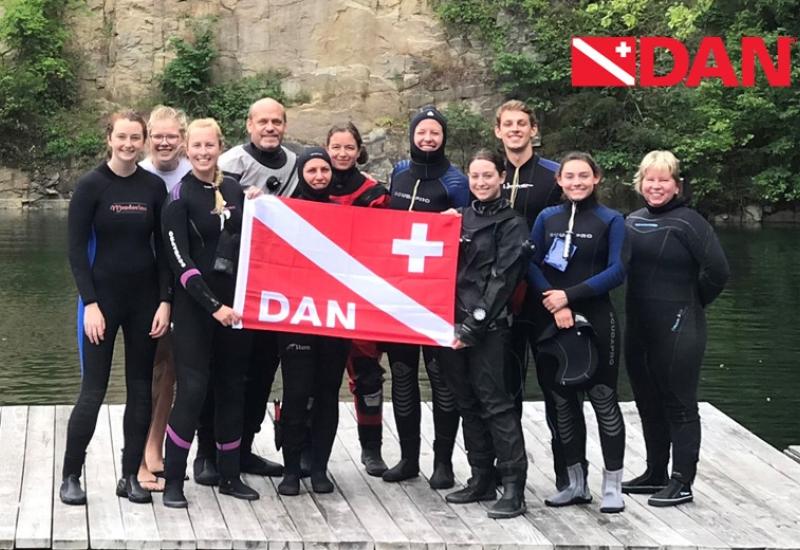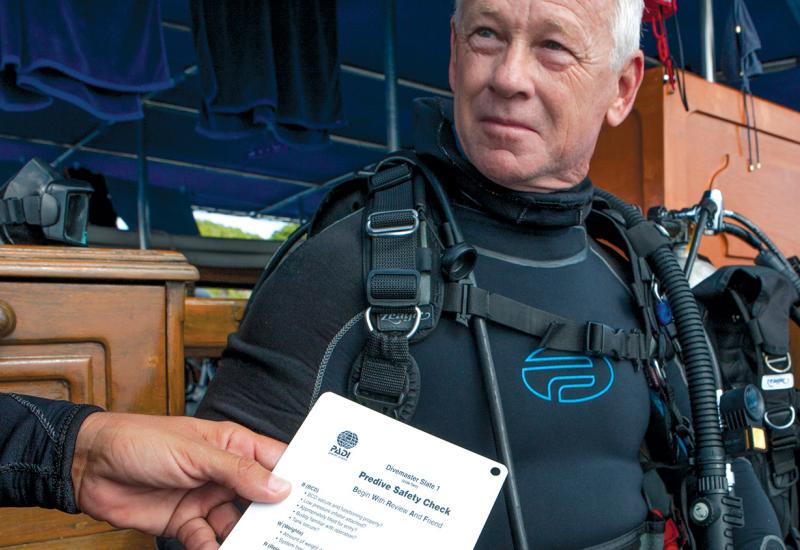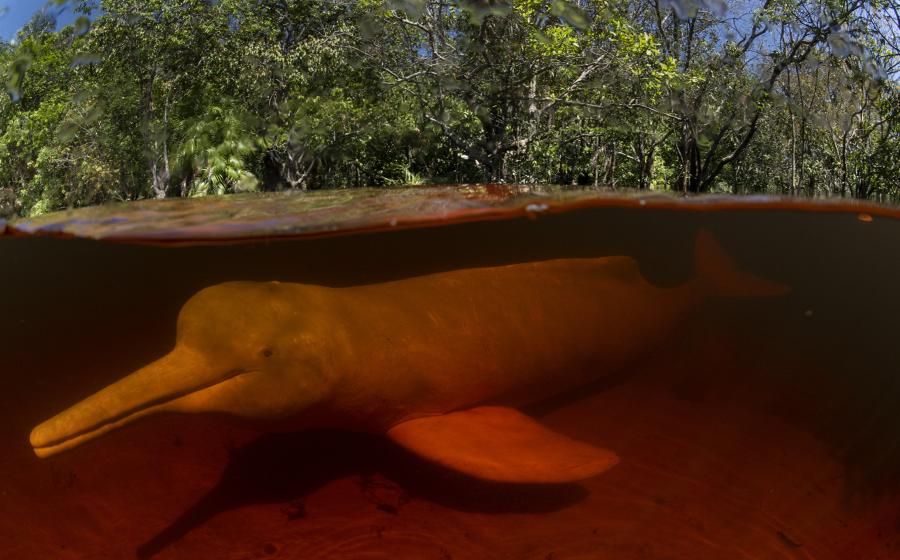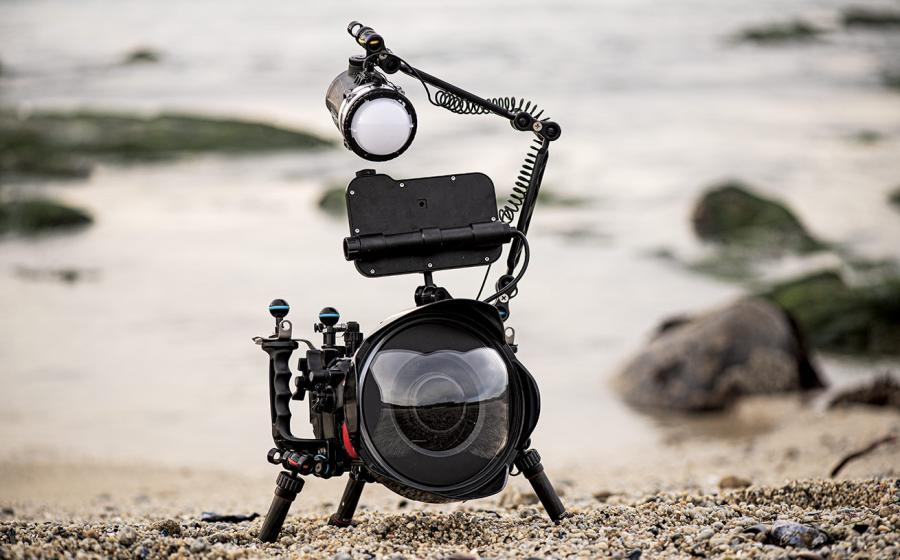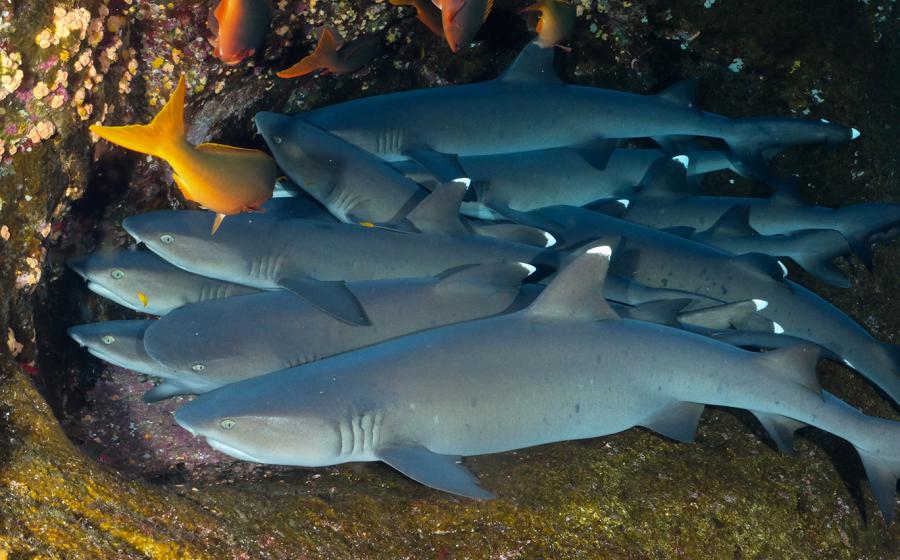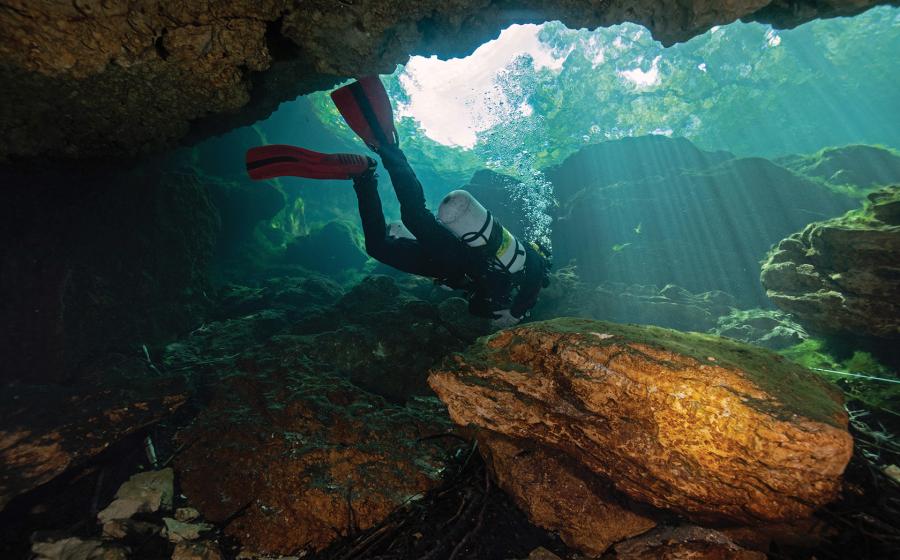Ask DAN: Can I Dive After Breast Cancer?
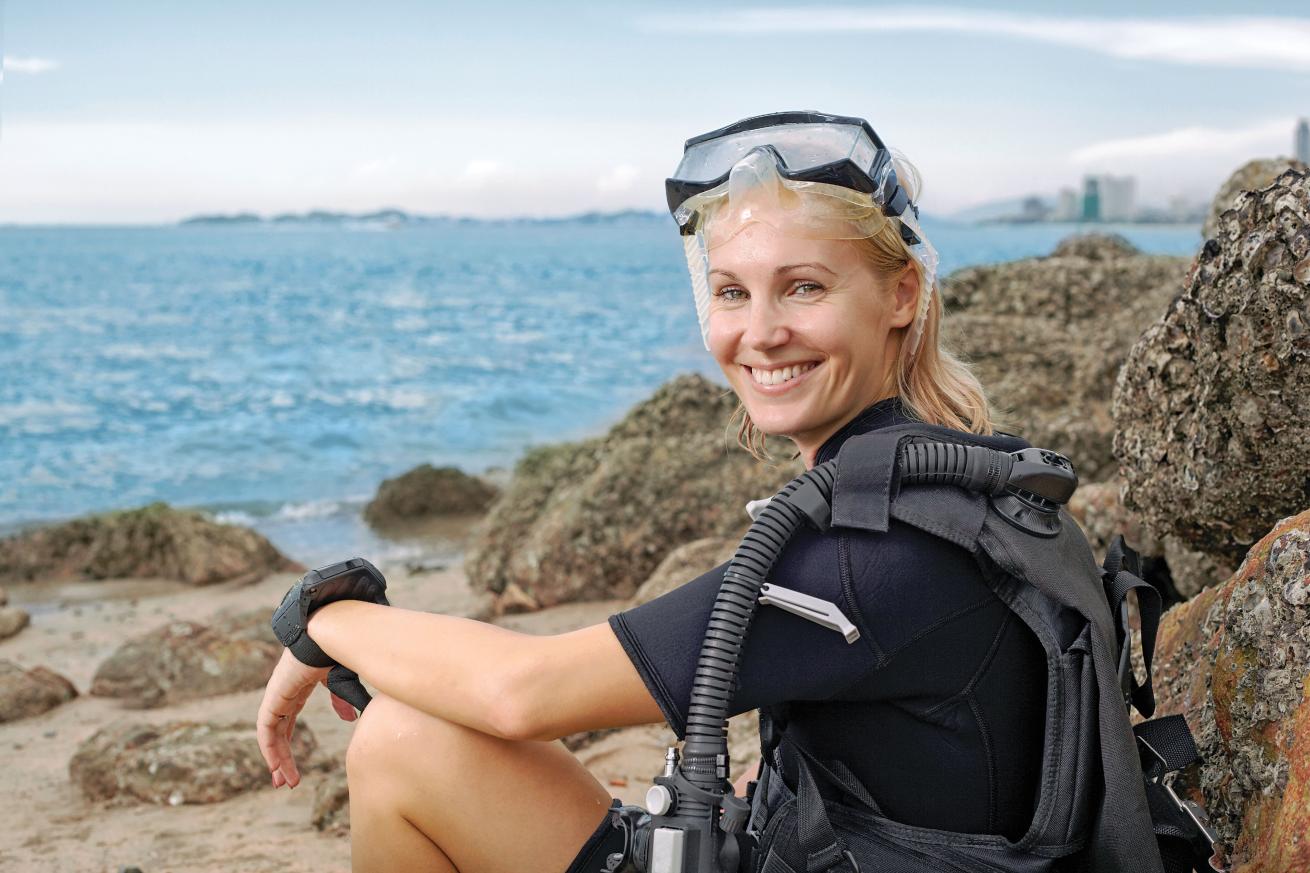
iStock photoCan I Dive After Breast Cancer?
www.dan.org/health
During a routine self-examination, a 45-year-old diver in otherwise excellent health found a lump in her breast. When tests revealed a relatively large tumor, her doctor informed her that her treatment plan would involve some combination of surgery, radiotherapy and chemotherapy. She learned that breast-cancer treatment brings up a number of concerns for divers, but wouldn’t necessarily preclude her from diving again.
Breast Cancer
Breast cancer is the most commonly diagnosed cancer in women; about one in eight will develop the disease over the course of her lifetime. Many women can enjoy scuba diving after breast-cancer treatment, but in some cases highly potent chemotherapy drugs will cause toxic effects with too much damage to allow further diving.
Diving After Treatment
The most important issues for diving after diagnosis primarily relate to the drugs and other therapies used to treat cancer. After treatment and before diving, it is essential that the diver’s lungs be evaluated for any lasting damage that could increase her risk for lung expansion injuries (pulmonary barotrauma). A collapsed lung while diving could be fatal and is not worth the risk. Tumors and reactions to treatment vary from person to person. Loss of flexibility and strength in lung tissue increases the risk of lung injury, and unfortunately some women cannot return to diving after breast cancer. Still, provided that the diver’s lung functioning is appropriate and she is otherwise fit and healthy, there is a good chance she will eventually be able to resume diving.
Breast Implants
Some breast cancer patients have reconstructive surgery following mastectomies. Luckily for divers, breast implants should not pose undue risk. After surgery, divers should avoid constrictive chest straps or buoyancy compensators around the surgical area, as these may cause irritation or contribute to the risk of rupture.
Lymphedema
Lymphedema is a common side effect of breast-cancer surgery and radiation therapy. The condition, which can lead to localized swelling in one or both arms for breast-cancer patients, is caused by damage to or removal of lymph nodes during treatment. It can appear in some people during the months or even years after treatment ends. Although it is possible that impaired lymph drainage may contribute to skin DCS, there is no existing data to support that claim.
Fitness to Dive
The wait to return to diving can be long. Don’t underestimate the time required for rebuilding the strength and endurance necessary for safe diving. If a diver cannot react to sea conditions such as a current or surge, or if she cannot swim back to the boat or shore, she may be putting herself and her buddy in danger.
With patience, caution and the help of a dedicated team of medical professionals, most breast cancer survivors can eventually find their way safely back into the water.
Get more dive medicine and health tips, on the Dive Medicine, Health & Fitness section of our website.
For more information, visit DAN.org/Health.


